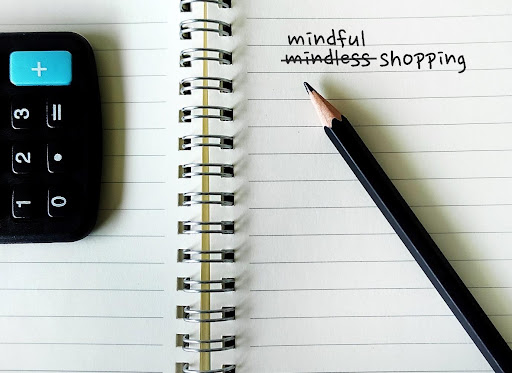
Rainy days come and go, but with a little preparation, you can make sure you’re ready for them. The same can be said for your finances. It’s important to find everyday budgeting tips that make sense for you and your lifestyle.
You don’t want to set yourself up for failure by trying to follow an overly ambitious budget. Instead, start small and make practical changes that you can stick to. Over time, you’ll find that these small changes add up and help you reach your financial goals.
Here are a few everyday budgeting tips that are practical and easy to follow:
Contents
1. Track Your Spending

The first step to creating a budget is to understand where your money is going. Keep note of all your spending for a month and categorize it. You might be surprised at how much you’re spending on things like coffee, eating out, or entertainment. You can do this manually or use one of the really cool apps that help you do this.
Once you have a better understanding of your spending, you can make adjustments and prioritize where you want your money to go.
2. Create a Grocery List and Stick to It

Grocery shopping can be a major expense, especially if you tend to buy things on a whim. By creating a grocery list and sticking to it, you’ll reduce impulse purchases and overspending. You can also look for deals and sales, and plan meals around what’s on sale.
Avoid eating out and if you do, make sure you go to restaurants that offer good value and serve something you won’t regret eating, or thinking “I could have made that at home for quarter the price.”
3. Use Cash Instead of Credit Cards

Credit cards are convenient and we all love the convenience they bring, but they can also lead to overspending if not used wisely. Using cash instead can give you a better sense of how much money you actually have and help you avoid overspending.
A great way to manage your expenses with cash is by using the envelope method. Simply put cash for specific expenses, such as groceries or entertainment, into different envelopes and only use the money in that envelope for that particular category. This helps you keep track of your spending and avoid going over budget. Here are some budget envelope ideas to help.
4. Choose Hobbies Mindfully

Sticking to a budget doesn’t mean not enjoying life and taking up new-found hobbies or skills. You just need to be selective and realistic. Try to pick a pastime that won’t require buying expensive equipment. Otherwise choose an activity where supplies needed just necessitate a one-time purchase.
But if getting immersed in a time-consuming skill may not be up your alley, perhaps engaging in some relaxing online games might be better suited for you. There are thousands of different game types and titles to choose from and zero to minimal cash is needed. For example, if you sign up at a no deposit casino, you simply need to register – without having to add any initial sum of money.
5. Prioritize Savings

Making savings a priority is key to building a rainy day fund. Even if it’s just a small amount each month, start by putting some money into savings before you pay any bills or make any other purchases.
You can also automate your savings by setting up a direct deposit from your paycheck into a savings account. When you have some savings aside, you won’t panic if you suddenly need car repairs or some urgent dental work.
6. Think Before You Buy the Big Stuff

Impulse purchases can add up quickly and put a big dent in your budget. To avoid impulse purchases, take a step back and wait 24 hours before making a big purchase. This will give you time to think about whether you really need the item and if it fits within your budget.
You can also unsubscribe from email lists and remove apps from your phone that push impulse buying. By avoiding impulse purchases, you’ll save money and stick to your budget.
7. Negotiate Bills and Services

You may be able to lower your monthly bills and services by negotiating. Call your service providers (e.g. cable, internet, cell phone) and ask if they have any promotions or deals. You can also look into alternative providers and compare prices.
Remember to use your charm, too. If you have been a loyal customer, be sure to tell the salesperson. They may be willing to offer you a lower rate to keep your business. Don’t be afraid to negotiate and save money on your monthly bills and services.
Conclusion
Embracing practical everyday budgeting tips can significantly enhance financial stability and resilience, much like preparing for a rainy day. By starting with manageable adjustments rather than overwhelming transformations, individuals can gradually shape their spending habits to align with their financial goals. Tracking spending, adhering to grocery lists, and opting for cash transactions facilitate a clearer understanding of personal finances and curb impulse spending.
Moreover, mindful selection of hobbies and prioritizing savings contribute to the cultivation of a robust financial safety net. By exercising restraint in purchasing decisions, negotiating bills, and seeking out savings opportunities, individuals can proactively manage their finances and weather any economic storms that may arise. Through these practical strategies, individuals can foster long-term financial well-being and navigate their financial journeys with confidence and resilience.




